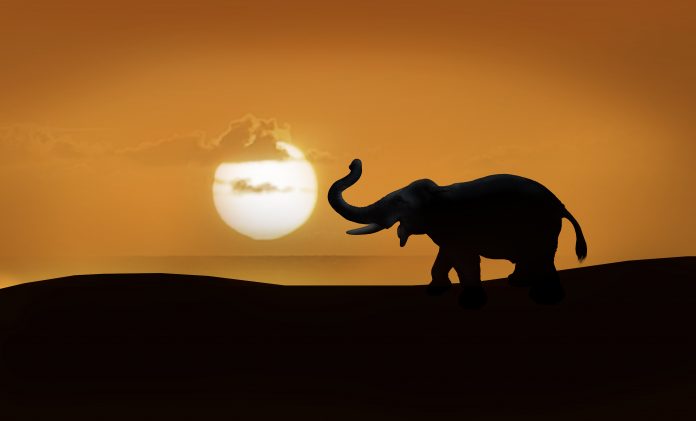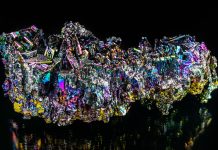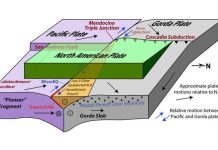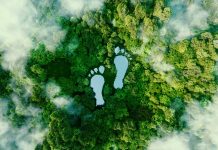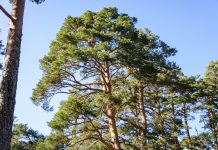Philip Lymbery, Global CEO of Compassion in World Farming International, explains why protecting humans, means protecting animals too, beginning with comment on how all life is connected
Deep in Sumatra’s lush island rainforests roam some of the most majestic creatures I’ve ever laid eyes upon. The Sumatran elephant, one of three sub-breeds of Asian Elephant, is smaller than its African cousin – but size is relative. Standing at nine feet tall and weighing five tonnes, these magnificent mammals are a sight to behold. They are highly intelligent, emotional, and sophisticated communicators who display fascinating and touching behaviours like sombre rituals to mourn their dead, and celebrations to welcome the birth of new calves.
Sumatran elephants are a keystone animal. Like their ancestors, these gentle giants play a vital role in the ecosystem. As they roam across the forests, they spread seeds across the fertile ground they tread upon. Their dung provides a feast for local critters and spawns trumpeting mushrooms in their wake. The immense weight of their steps creates water holes frequented by small animals. This balance helps keep the rainforests alive and running, which in turn, helps keep our planet alive.
Tragically, there is a little known, but devastating link between industrial animal farming, the risk of new viruses and the dramatic decline of this iconic species. All life is connected.
A discovery in Sumatra
Several years ago, I travelled to Sumatra to see them in person. I wish I’d been there solely to marvel at their beauty, but I was really there to better understand their tragic demise. What I discovered is that the production of cheap meat and milk from factory farms is a big reason why the Sumatran elephant is heading for extinction. By far the most endangered elephant in the world, the future of these magnificent creatures is affected, not so much by poaching, but by something far less sinister sounding: the production of palm for food and animal feed. Within a single elephant generation, more than a third of the jungle habitat of the critically endangered Sumatran elephant has disappeared, mainly to make way for palm plantations, leaving the elephants down to their last 2,500.
In recent years, many consumers have been shocked to learn how their favourite products – everything from detergents to ice cream – are made from these trees.
What is less well known is that palm products are being widely used to feed factory-farmed animals. There’s more to palm than the oil. Dig deeper into the fruit and you come across the edible seed or kernel. The industry renders these nuts down into kernel oil and palm-kernel meal. This meal is then transported as a protein source to the feed troughs of industrially reared animals all over the world, especially in Europe and the UK.
Habitat loss and viruses
Millions of tonnes of this meal are produced every year, and, as a cheap alternative to other feeds, a vicious cycle ensues. The increased availability of palm- kernel livestock feed drives industrial animal farming. In turn, this drives more demand for palm-kernel. Vast tracts of land are lost in the equation. Among the losers are Sumatra’s dwindling elephants.
Felling natural forests to make way for palm plantations causes untold devastation. As the elephant’s jungle home shrinks, so conflict between elephants and people escalates and natural biodiversity is lost. What the recent COVID-19 global pandemic has taught us, is that encroaching into the world’s remaining wildlands also brings humanity into contact with new viruses.
Action on our plate
Embracing the natural wonders of our beautiful planet provides me with both a calm space and an invigorating energy, to help me face what is ahead. Life itself is so precious, yet we know that the collapse of nature, climate breakdown and pandemics, fuelled in no small part by factory farming, are the most important challenges this planet will face this century. Turning the tide before it’s too late means we need to act urgently.
Few shoppers realise that the milk, beef and bacon they buy may be coming from palm-fed animals, let alone contributing to the demise of iconic wildlife like the Sumatran elephant in the world’s remaining jungles. But we can all make a difference by cutting out factory-farmed meat and dairy, choosing to eat less and better animal-sourced foods produced without animal cruelty and palm-feed devastation: look for pasture-fed or organic.
It seems clear that a key component of addressing the challenges facing our world is to reconnect with our humanity for animals and the environment. We need to set a course toward a healthier food system without factory farming and the over-reliance on animal-based diets. One that truly embraces that essential principle that protecting people means protecting animals too.
Together, we can and must make a difference – to our environment, to our health, and the lives of elephants and other precious animals, both near and far.

